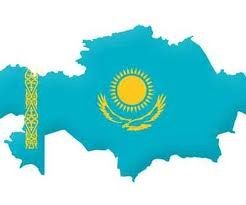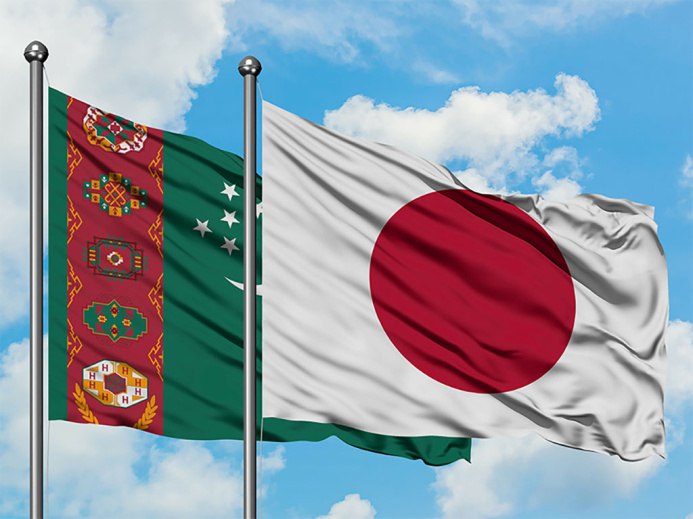ASTANA (TCA) — Kazakhstan can increase exports to Vietnam, Deputy Minister of National Economy of Kazakhstan Timur Zhaksylykov said on February 8, the official website of the Prime Minister of Kazakhstan reported.
“We have the potential to increase the export of a number of products to the market of Vietnam. The products to be exported are: flour and grain, alcohol, dairy products, and beef. When we export grain and flour we enjoy a zero duty rate on the Vietnamese market. For other goods in certain transitional periods the duty will also be reduced to zero. Therefore, we have good prospects. We believe that we are able to increase exports,” Zhaksylykov said during the meeting of the Committee of Economic Policy, Innovative Development and Entrepreneurship of the Senate of the Kazakh Parliament, where they considered a bill concerning trade relations between the countries of the Eurasian Economic Union (EEU) and Vietnam.
The deputy minister said that Vietnam is an attractive market for Kazakhstan. In 2015 the trade turnover between the two countries amounted to $205 million.
Vietnam mainly imports from Kazakhstan electronics, computer accessories, household appliances, textiles and other products. Kazakhstan exports metals and machinery to Vietnam.
The agreement on the establishment of a free trade zone between the EEU and the Republic of Vietnam has established obligations of the parties to protect intellectual property rights, defined areas of cooperation in the fields of sustainable development and e-commerce, and set common principles for the protection of competition.











